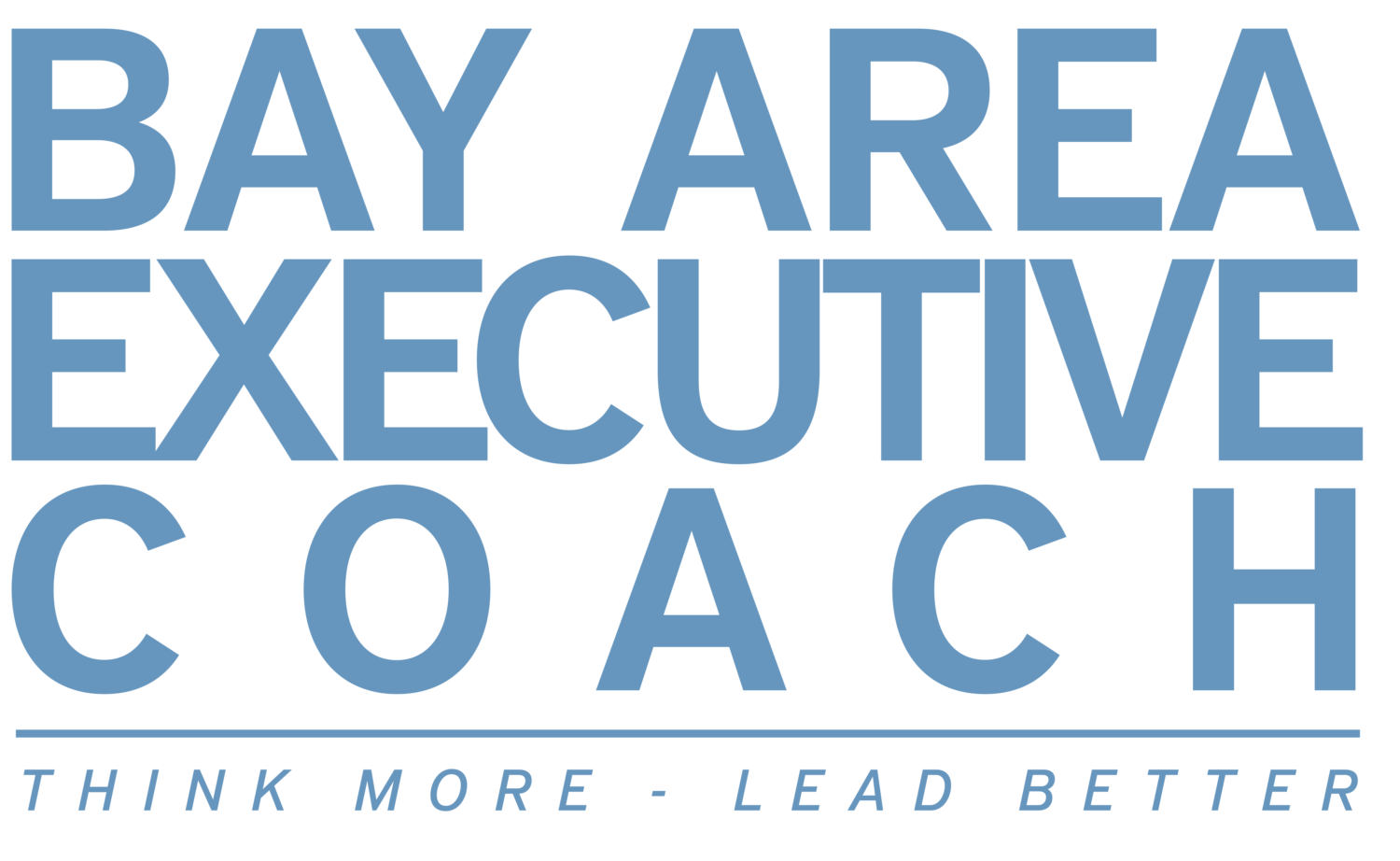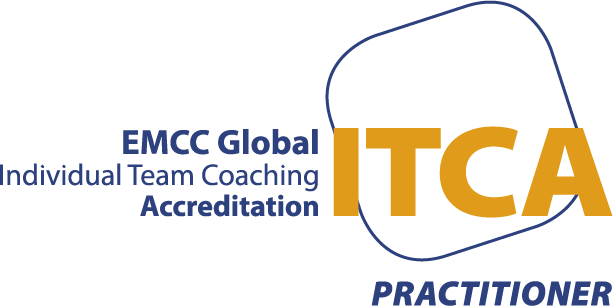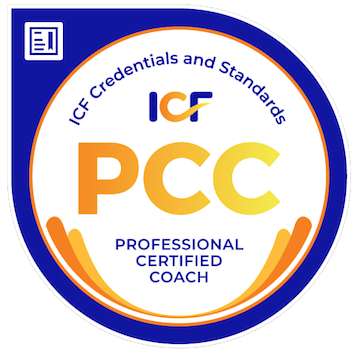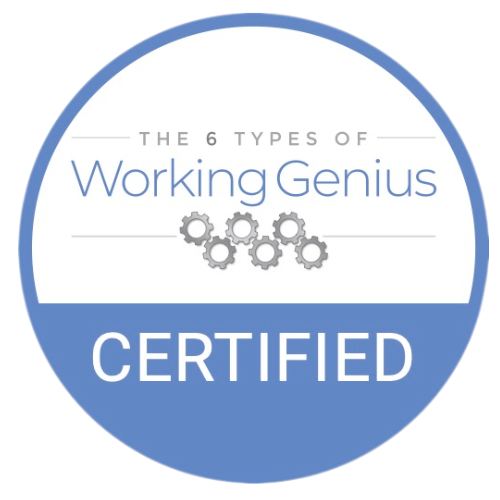It’s now Friday and Bob is supposed to give an in-person presentation to an important new prospect. Bob thinks to himself, “What’s the point? Nothing’s going right this week.” Unfortunately for Bob, he’s unaware that his internal attitudes project to his customers, and that these attitudes only make his situation worse. He carries this attitude with him to the pitch meeting. As a result, his enthusiasm is lacking and his presentation is uninspiring. The prospect leaves the meeting unimpressed.
Jeff is another salesman who’s also had a tough week. He too has dealt with rude customers, rejection from prospects, and heat from the competition. But Jeff realizes that such disappointments are simply part of the sales landscape, and that it’s natural to feel down and frustrated when things aren’t working out. However, Jeff’s aware of how he feels, and he knows that the best way to overcome problems is to continue to project a positive attitude and stay on course with his customer-centric approach to sales. So, when Friday rolls around he psyches himself up, lets go of his negative feelings, and gives an enthusiastic presentation to a promising new account. Two weeks later Jeff closes the deal and earns himself a nice commission.
Here we see two sales people in two similar scenarios, but with very different outcomes. The difference is the direct result of Bob’s and Jeff’s attitude towards selling, and attitude is rooted in self-awareness, the first step to achieving emotional intelligence (EI). 
Over 2,000 years ago Socrates said it best: “Know thyself,” and that statement is as important today as ever, especially for sales professionals who regularly face myriad external and internal challenges and must overcome them to succeed.
Your attitude is the key to how you behave, and being aware of your emotions and feelings, both positive and negative, has a tremendous effect on how you relate to customers and how successful you are in moving deals forward. Thinking and acting positive matters.
Self-Awareness: What It Is
“Self-Awareness” can be defined as “a person’s capacity to identify their own emotions and be aware of the impact those emotions are having on decisions and behavior.” Salespeople with an evolved sense of self-awareness have a clear picture of their own emotions and what effect those emotions are having on them.
It’s important to remember that emotions are contagious and can inadvertently be transmitted to clients. Negative emotions can also inhibit good decision-making. Salespeople with a strong sense of self-awareness are better equipped to manage negative emotions while generating positive emotions that help facilitate customer relationships and experiences.
When things don’t go well, as with our friend Bob, self-aware salespeople step
back from the negativity of the moment to reflect on the causes and potential solutions to problem areas. They ask themselves powerful questions about self-responsibility and accountability. They list out what they could have done differently or could have done better to achieve a positive outcome.
Self-aware salespeople recognize that success in their career is their responsibility. They don’t assign blame. Instead, they reflect and figure out a better way to overcome adversity and challenges. They recognize the truth expressed in this equation:
Self-awareness = self-responsibility = increased sales results
Key Elements
Two key elements of self-awareness are:
- Demonstrating awareness of the impact emotions can have on your thinking;
- Demonstrating awareness of the impact your feelings can have on how you interact with others.
“Impact” is the important word here because emotions can impact behavior in profound ways, and how you feel inside can alter how you act with others. Self-aware salespeople recognize the power their emotions can have in affecting their sales performance, and they understand how crucial it is to not let negative thoughts and feelings get in the way of their positive-oriented overall sales game plan.

You might look at it this way:
The “Real You:”
– Is caring and considerate to the customer
– Is pleasant and upbeat
– Wants to work hard to succeed
– Is responsible and honest
– Is straightforward, helpful, and easy to work with
– Is sincere and reliable
The “Upset You:”
– Is short-tempered and argumentative
– Is disengaged from the sales process
– Is dour and pessimistic
– Is defensive and sarcastic
– Is detached from the customer’s pain points because your own pain points seem greater
– Is forgetful or dismissive
The “Self-Aware You:”
– Overcomes negativity by reinforcing positivity
– Recognizes that disappointment and frustration are normal, but passing, emotions
– Accepts setbacks as part of the process and learns from mistakes
– Projects a positive and helpful attitude despite the circumstances
– Accepts responsibility and is self-accountable for results
– Realizes that inner emotions affect others and acts accordingly
Attaining Self-Awareness
If someone lacks self-awareness, there can be a significant gap between what they think and how they actually act. In other words, these people have blind spots which affect how they engage with others.
Without self-awareness, the brain kicks into auto-pilot, steered by subconscious beliefs accumulated from years of past programming. Often painful memories or negative “tapes” play back to color the experience. Here’s the good news: the brain adapts and changes itself as the need arises, which means you can dismantle limiting beliefs and rewire your brain for success. When your beliefs change, the downstream behaviors generally do, too. 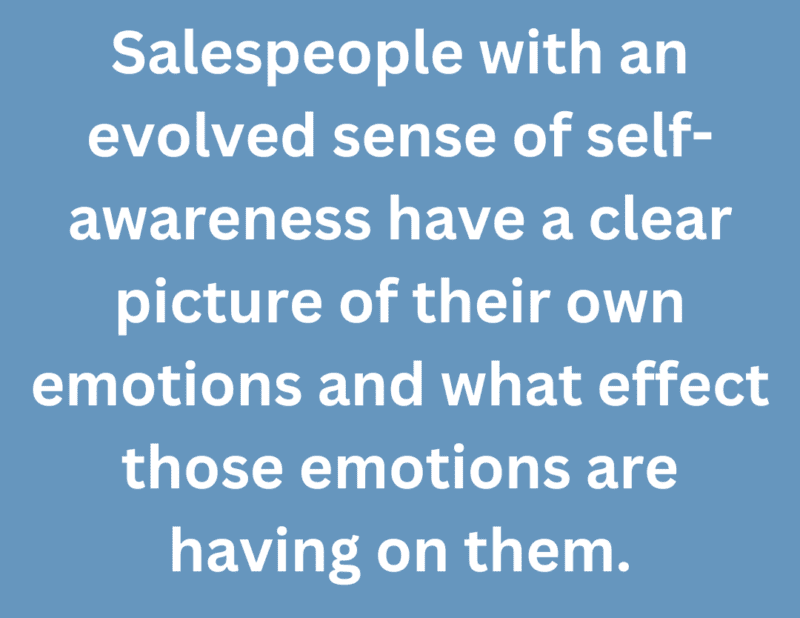
This process is not as complex as it sounds and for many people it can be achieved through their own efforts. One way to increase self-awareness is through regular meditation. Studies have shown that meditation practiced for a few minutes on a daily basis can have a major effect on helping people to feel better about themselves and more self-aware of their emotions. There are extensive online resources about meditation and how to meditate that make this ancient mental health practice understandable and accessible. There are also inexpensive apps such as Calm and Headspace that can help make daily meditation easy to adopt.
Another method to increase self-awareness is journaling. If you start writing down your thoughts regarding your day and week on a regular basis, you can’t help but start to be more tuned in to how you are dealing with the many up and down moments in the day of a salesperson. Journaling will help you see your life from another perspective and give you the opportunity to plan ahead on how you’ll respond when the next challenge comes your way.
You can also take a few minutes to reflect on portions of your day. What happened in the last 2 or 3 hours and how do you feel about it? Should this feeling be carried forward into the next part of your day or put away because it won’t serve you?
You can increase your self-awareness by taking deliberate steps to do so. And this will be a real boon to your career and life. We will address another important aspect of emotional intelligence for salespeople in our next installment in the series. Here’s to your success!
If you would like to speed up your progress in terms of using EI for sales success, contact us to learn more about how we can coach you 1 on 1 or train your whole team.
Emotional Intelligence (EI) is a growing and vital role in today’s workplace and in people’s lives in general, read our article on “Eight Powerful Benefits of Emotional Intelligence in the Workplace.”
Here are more resources related to this topic:
Articles
- Self-Awareness: The First Step to Emotional Intelligence for Sales Professionals
- Strategies for Boosting your Self-Awareness to become a More Effective Leader
- Cultivating Awareness of Others as a Business Leader
- Self-Awareness: A Foundation of Leadership Success
- Emotional Reasoning for Sales Professionals
- The Value of Authenticity in the Sales Process
- 9 Top Signs You Need an Emotional Intelligence Coach
- Eight Powerful Benefits of Emotional Intelligence in the Workplace
- How to Build Trust and Connection Through Emotional Intelligence
- Bay Area Executive Coach to Offer Genos International Emotional Intelligence Assessments
- Leading with Emotional Intelligence
Case Study
- Sales Exec Slows Down, Rebuilds Trust To Move Up
- Guiding a Leader to Employ Emotional Intelligence at Work
- How Conversational Intelligence Helped Resolve Friction in a Manager-Staff Relationship
eBook
Guide
Assessment
Videos
- Cultivating the Awareness of Others As A Business Leader
- 4 Reasons Why You Need to Invest in Your Emotional Intelligence as a Leader
- Leadership Assessment for Emotional Intelligence
- Using Emotional Intelligence in Executive Coaching With Expert Trevor Blondeel
- Improve Communication Using the “Three Levels of Conversation” in Your Business
- How to Have Better Sensitive Conversations as a Leader
- What is Conversational Intelligence? An Introduction to C-IQ
- Unlocking Empathy: The Key to Exceptional Leadership
Photo copyright: Featured photo is from ©Edmond Dantes via Pexels. Secondary photo is from ©fauxels via Pexels.
